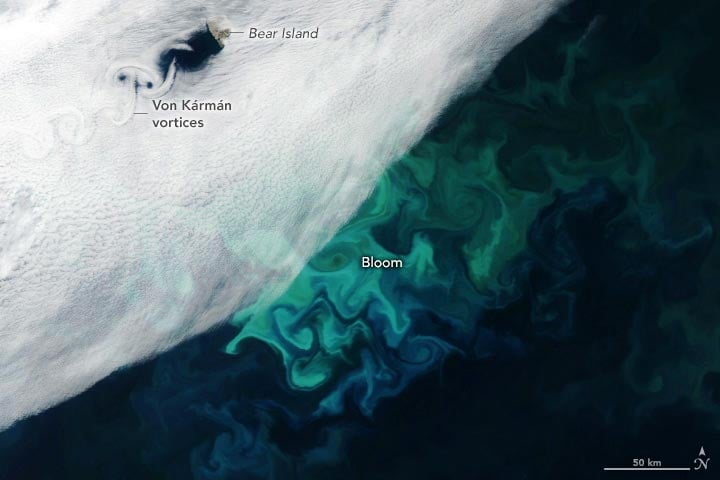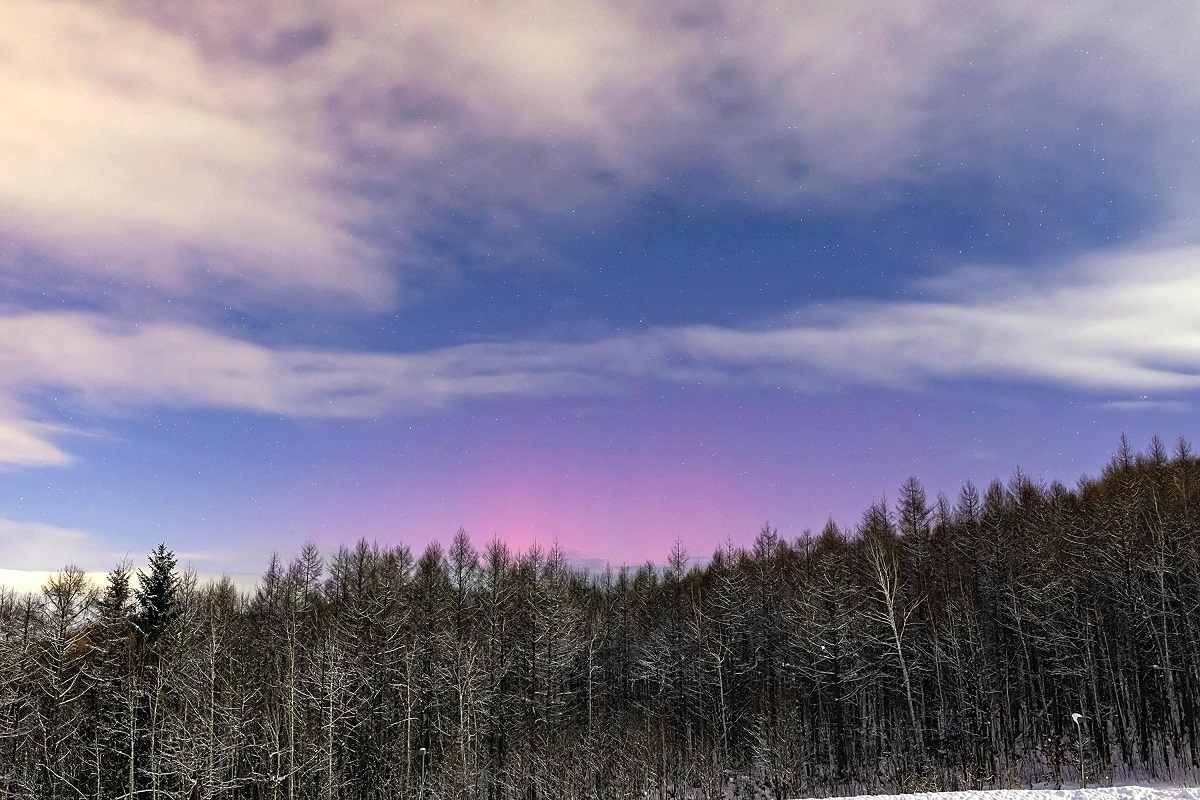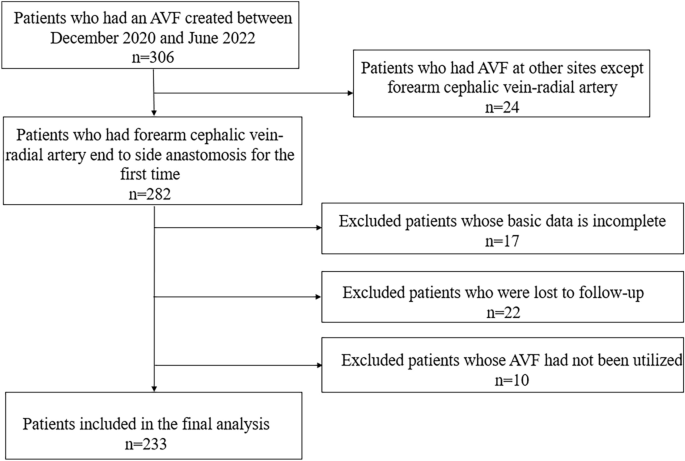-
Geopolitical narcissism has no place in HE partnerships
GLOBAL We live at a time when people, nation states and educators face many problems. Consider the climate-nature emergency. Lost habitat and species extinction. Desertification, crises of food and water, ever larger populations on the move. Rising sea levels. The latest reports say that the melting of the West Antarctic ice sheet is now locked…
-
Geopolitical narcissism has no place in HE partnerships
GLOBAL We live at a time when people, nation states and educators face many problems. Consider the climate-nature emergency. Lost habitat and species extinction. Desertification, crises of food and water, ever larger populations on the move. Rising sea levels. The latest reports say that the melting of the West Antarctic ice sheet is now locked…
-
The downside to women academics’ ethical publishing choices
GLOBAL When Claudia Goldin received her Nobel Memorial Prize in Economics, she was only the third woman to receive the award, after Esther Duflo (2019) and Elinor Ostrom (2009). It was the first time in the history of the 54-year-old prize that women held more Nobels in economics than the uncles of Larry Summers (Paul…
-
The downside to women academics’ ethical publishing choices
GLOBAL When Claudia Goldin received her Nobel Memorial Prize in Economics, she was only the third woman to receive the award, after Esther Duflo (2019) and Elinor Ostrom (2009). It was the first time in the history of the 54-year-old prize that women held more Nobels in economics than the uncles of Larry Summers (Paul…
-
Twists of Nature: Spectacular Swirls in the Sky and Sea Around Norway’s Remote Bear Island

Satellite image of Norway’s Bear Island acquired on July 13, 2023, by Moderate Resolution Imaging Spectroradiometer on NASA’s Aqua satellite shows Von Kármán vortices in the clouds and swirling tendrils of a phytoplankton bloom in the Norwegian and Barents Sea. Fluid dynamics put on a spectacular show around Norway’s remote Bear Island. Theodore von Kármán,…
-
Twists of Nature: Spectacular Swirls in the Sky and Sea Around Norway’s Remote Bear Island

Satellite image of Norway’s Bear Island acquired on July 13, 2023, by Moderate Resolution Imaging Spectroradiometer on NASA’s Aqua satellite shows Von Kármán vortices in the clouds and swirling tendrils of a phytoplankton bloom in the Norwegian and Barents Sea. Fluid dynamics put on a spectacular show around Norway’s remote Bear Island. Theodore von Kármán,…
-
Aurora Observed in Hokkaido

Courtesy of KitasubaruAurora is seen on the evening of Friday. Jiji Press 13:13 JST, December 3, 2023 TOKYO (Jiji Press) — A red aurora was observed in Hokkaido on Friday night. It was visible with the naked eye. The aurora was apparently due to the result of a massive explosion that occurred on the sun’s surface…
-
The forgotten D of DEI
To mark the United Nations International Day of Persons with Disabilities we have launched a collection on chemists with disabilities. Within diversity, equity and inclusion (DEI) efforts in science, this is a topic that is often overlooked. Since 1992, the United Nations has designated 3 December as the International Day of Persons with Disabilities. This…
-
Risk factors for arteriovenous fistula dysfunction in hemodialysis patients: a retrospective study

Abstract Arteriovenous fistula (AVF) is the first choice of vascular access in hemodialysis (HD) patients. However, the correlations between patient factors and the arteriovenous fistula patency remain unclear. Therefore, our study investigates the risk factors associated with AVF dysfunction in HD patients. A total of 233 end-stage renal disease (ESDR) patients who met the study…
-
The value of TDI combined with myocardial strain parameters in quantitative evaluation of left heart function in parturient with pregnancy-induced hypertension
Abstract This study aimed to investigate the value of tissue doppler imaging (TDI) and 4D myocardial strain parameters in evaluating left heart function of pregnant women with hypertension and the association between these parameters and relevant factors. Forty-five pregnant women with hypertensive disorder, including 20 with hypertension, 15 with mild preeclampsia, and 10 with severe…